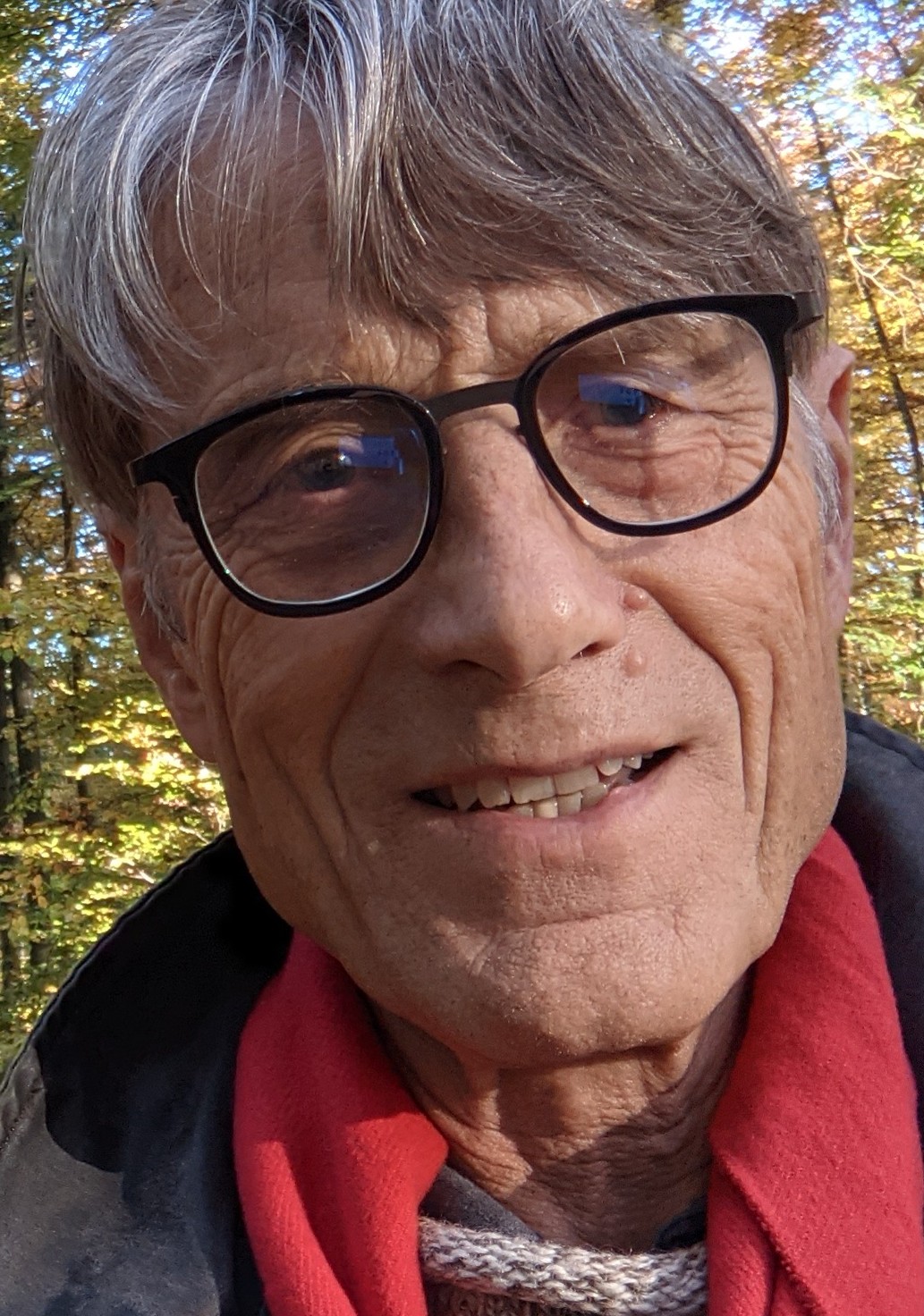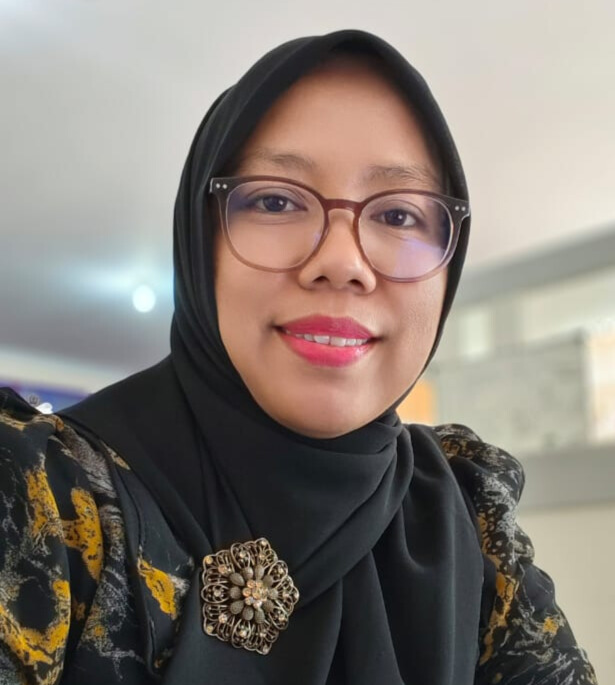Information about APVEA25
APVEA25 Keynote speakers
Keynote 1: Europe and the Asia-Pacific: Learning and sharing together through pedagogical lingua franca immersion in virtual exchange.
Kurt Kohn, University of Tübingen, (Germany), English Department.
 Kurt Kohn is Emeritus Professor at the University of Tübingen, Germany. He has decades of experience as a researcher and teacher in English and Applied Linguistics. His main areas of interest include English language teaching and learning, intercultural communicative competence development, Global Englishes and English as a lingua franca, pedagogical lingua franca immersion, intercultural virtual exchange, and language teacher education.
Kurt Kohn is Emeritus Professor at the University of Tübingen, Germany. He has decades of experience as a researcher and teacher in English and Applied Linguistics. His main areas of interest include English language teaching and learning, intercultural communicative competence development, Global Englishes and English as a lingua franca, pedagogical lingua franca immersion, intercultural virtual exchange, and language teacher education.
Recent publication:
Kohn, K. (2022). Global Englishes and the pedagogical challenge of developing one’s own voice. Asian Englishes, 24(2), 119-131. https://doi.org/10.1080/13488678.2022.2056795
Kohn, K. (2024). Developing competence for ELF communication through pedagogical lingua franca immersion. Research Papers in Language Teaching and Learning (RPLTL), 14(2), 12-29. https://rpltl.eap.gr
ORCID ID: 0000-0002-5125-6271
Abstract: Over the past decades, English has become a means of global communication. People from different parts of the world and different linguacultural backgrounds use English to interact in intercultural spaces from private to educational to corporate. For many speaker-learners in the Asia-Pacific or Europe, however, using English is often burdened with feelings of inferiority, dissatisfaction, and anxiety. In ELT, possible solutions are in particular addressed by scholars and practitioners working in the fields of global Englishes language teaching (GELT) or English as a lingua franca (ELF) pedagogy. Key pedagogical concepts and approaches emphasize overcoming the mismatch between what is going on in the ELT classroom and how English is used in the real world. Publications and conference contributions focus on criticising native-speakerism and unequal Englishes, raising teachers’ and students’ awareness of ELF, decolonizing ELT practices, providing spaces for pedagogical translanguaging, or calling for a critical perspective on ELT to ensure social justice. All these discussions, whether in the Asia-Pacific or in Europe, have one thing in common: they pay only little attention to speaker-learners as responsible agents of their own communication and learning. In my talk, I will introduce a socio-psycholinguistic model of intercultural ELF communication that places speaker-learners at the center. The model integrates speaker-learners’ MY English repertoires, their communicative capability, and their own requirements of communicative and communal success as beacons of orientation. With reference to these dimensions and informed by case study observations, I will discuss how a pedagogical lingua franca immersion approach can be implemented through virtual exchange to enable LEARNERS of English to develop their own voice as emancipated SPEAKERS of English.
Keynote 2: Virtual Exchange Practices in Indonesian Higher Education Context: Opportunities & Challenges.
Wisma Yunita, Universitas Bengkulu, Indonesia
 Wisma Yunita is a Professor in English Language Teaching at the English Education Postgraduate Program, the Faculty of Teacher Training and Education, Universitas Bengkulu, Indonesia. She earned her doctoral degree in Language Education from Universitas Negeri Jakarta in 2018. She has presented her works at national seminars and international conferences in Indonesia and other countries, and publishes her works in several accredited national and international journals. She is also a reviewer for national and international journals in English Language Teaching. Her research interests are English Grammar, Academic Writing, ELT Methodology and Innovation, ELT Testing and Assessment, Curriculum and Material Development, Higher Order Thinking Skills and Language Learning Strategies. She can be contacted at wismayunita@unib.ac.id.
Wisma Yunita is a Professor in English Language Teaching at the English Education Postgraduate Program, the Faculty of Teacher Training and Education, Universitas Bengkulu, Indonesia. She earned her doctoral degree in Language Education from Universitas Negeri Jakarta in 2018. She has presented her works at national seminars and international conferences in Indonesia and other countries, and publishes her works in several accredited national and international journals. She is also a reviewer for national and international journals in English Language Teaching. Her research interests are English Grammar, Academic Writing, ELT Methodology and Innovation, ELT Testing and Assessment, Curriculum and Material Development, Higher Order Thinking Skills and Language Learning Strategies. She can be contacted at wismayunita@unib.ac.id.
Abstract: Current educational processes have undergone a major transformation from taking place merely within classroom walls to beyond those very same classroom walls, indeed with no limitation to time and borders. This has occurred due to the utilization of technologies and learning platforms, such as via Virtual Exchange (VE). VE has become an increasingly significant innovation, providing opportunities for intercultural learning, collaborative projects, and language development without the need for physical mobility in particular in higher education contexts. In Indonesia, especially for English language learners who learn the language in a foreign language setting, VE has become one of the best alternative practices for learning that can provide learners with more exposure to students from various countries and cultural backgrounds. However, studies show that it is still in its infancy in Indonesian higher education contexts, and moreover there are few truly integrated VE that are relevant to curricula. This is due to the implementation of VE facing several challenges such as time-zone differences, unequal access to internet connection & motivational differences. Despite the challenges, VE remains a promising practice that fosters inclusive, equitable, and globally engaged higher education for Indonesia. This presentation will highlight the practices of VE in Indonesian higher education contexts, especially from the experience of the speaker and the pre-service EFL learners learners she works with, covering the reasons for inclusion of VE practices, implementation of VE, the benefits, challenges and opportunities experienced by the speaker and her students. This presentation will give a deeper insight on how VE, practiced in higher education EFL contexts, especially among pre-service teachers of an Indonesian university, has evolved and transformed EFL education for them.
For the IVEProject stream, we have two presentations from the two most recent winners of the top teacher award - Maggie Rafet (Top teacher in Colombia May-June 2024, 2025 and Oct-Nov 2024) and Adam Jenkins (Top teacher in Japan, May-June 2025).